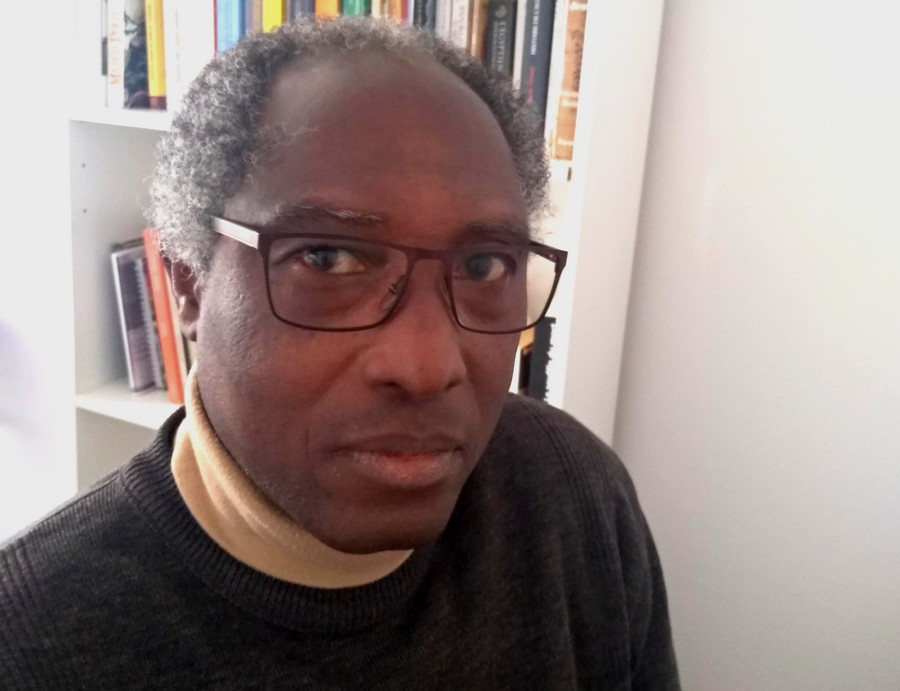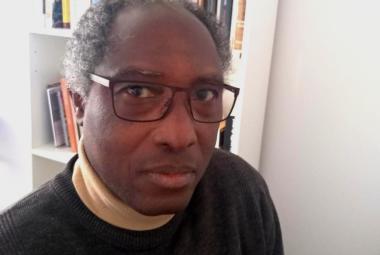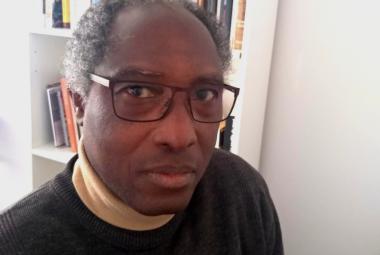On the occasion of its last ordinary meeting which took place from February 5 to 6, 2022 in Addis Ababa, Ethiopia, the General Assembly of Heads of State and Government of the African Union (AU) adopted the Swahili as the official working language. But Africa has long spoken of a common language. And Swahili was already the chosen language for this purpose.
Swahili is now one of the ten (10) most spoken languages in the world. Born on the coasts of Kenya and Tanzania, this language is derived from the Niger-Congolese Language (NCL) family. Swahili has over 200 million speakers now. To the point of naturally establishing itself in a few years as an essential African language. Regardless of the fact that the political decision of the African Union (AU) decided to make it a pan-African language.
The idea that the Swahili lexicon would come to 40% from the Arabic language, because of the influences that it would have undergone because of the commercial exchanges between the Arabian Peninsula and the East Coast of Africa is certainly questionable and remains to be prove. Arabic is not the only language from which Swahili has borrowed words. There is also English and Portuguese. Moreover, research and other studies in progress tend to contradict this version and to prove that it is more than 80% Negro-African. Similarly, it also remains to be verified that, for a Niger-Congolese Language (NCL), it is devoid of your lexical like English or Spanish. Even if it is nonetheless true that Swahili, which is most certainly a derivative of Proto-Swahili, is not a tonal language strictly speaking, and has this advantage of simplicity for being more or less rid of the tones that make languages more complex, and in particular the Negro-African Languages (NAL).
Still, Kiswahili or Swahili is one of the official languages of the African Union (AU), the Southern African Development Community (SADC) and the East African Community (CAE). In South Africa and Botswana, it is already taught in schools. Many other countries, in this case Namibia, are following suit.
Among the official languages of Africa today, English comes first for nearly 27 of the 54 African countries, then French for 21 of the 54 African countries, Portuguese for 5 of the 54 countries and the Spanish for 1 of 54 countries. Wole Soyinka, winner of the Nobel Prize for Literature in 1986, continues to plead for Swahili to be the language of Africa in all its dimensions. And that is not from today.
UNESCO has decided to make July 7 of each year World Kiswahili Language Day, following its approval by the Executive Board at its 212th session. This date corresponds to the date of the adoption of this language in 1954 in the United Republic of Tanzania. Because, after having used this language to unify the peoples of his country after its independence, it was the former President of Tanzania, and the first of the country, Julius Nyerere, who proposed Swahili as the unifying language of the struggles for independence.
Instead of continuing forever to speak the language of the Colonizers in Africa, it is now time to oblige the States of Africa, at least the countries of Black Africa, to introduce the teaching of Swahili and even moreover the education in Swahili in Africa. And then, in a broad African debate, one could strive to seek apart from Swahili, what other language or languages should Africa promote as alternative languages of linguistic and cultural emancipation to replace the languages of the Colonizers and tell us why? For indeed the independence and sovereignty of Black Africa must begin with the common language which must serve as the language of instruction and main communication.
Without even descending to a lower level, in elementary or primary education, in how many universities in Africa are Swahili taught? And yet, children are required to start by learning English or French, or even Russian now as first or second language from an early age. Black Africa must know what it really wants and how it intends to manage its future.
We may talk about other subjects, the CFA Franc, "neocolonialism" or "economic neocolonialism", etc., as long as education and all the other communications that the populations of Black Africa will make within or outside this continent will always be with so-called foreign languages or languages of the Colonizers, true independence and sovereignty would only be artificial and pure cosmetics.
By Marcus Boni Teiga

















